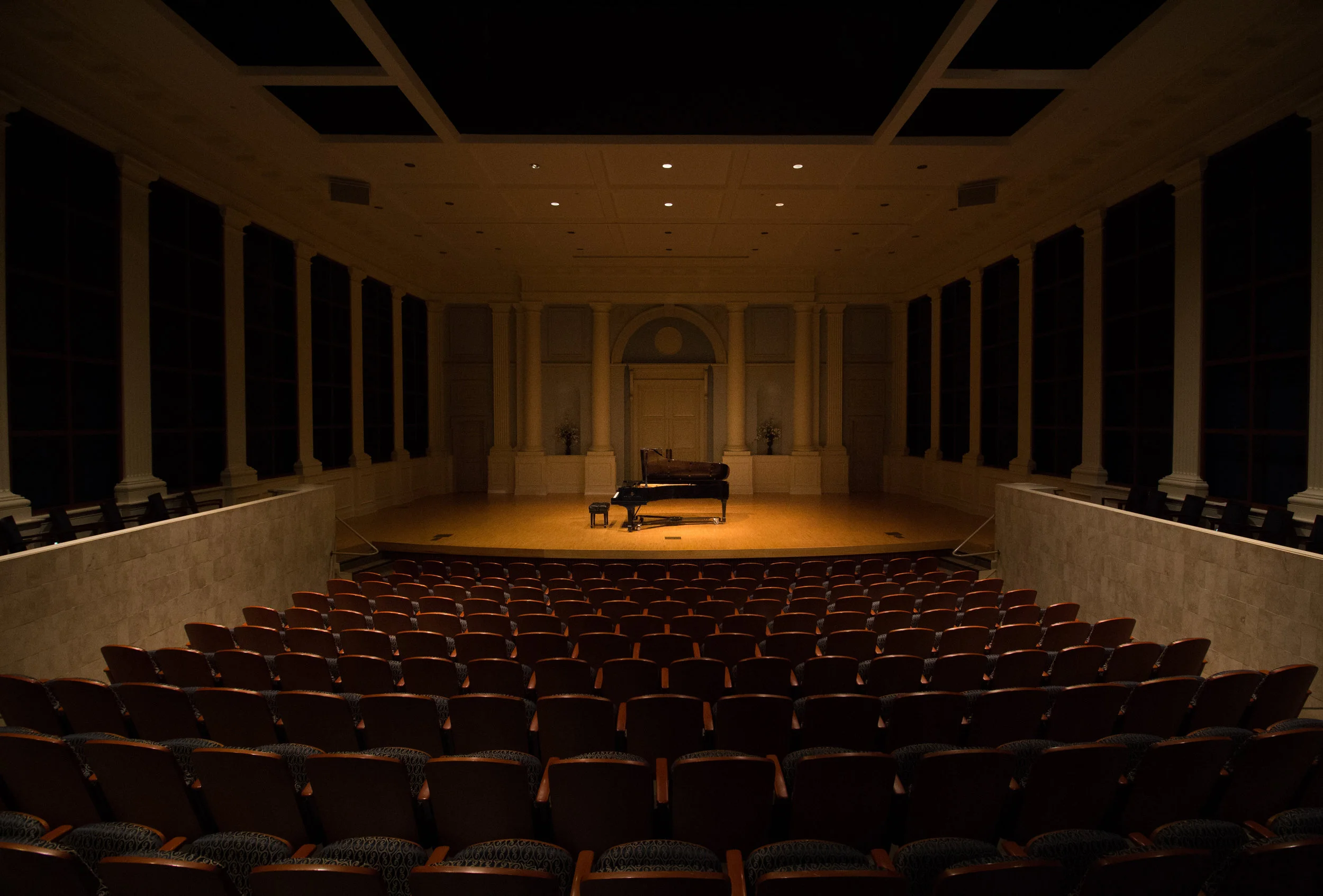First, I played an Eb. And then I played it again. I played that Eb for what seemed like days as my heart, mind, and soul tried to find some coherence with each other and form a musical idea to express my grief.
Read MoreRegicide is one of my most vulnerable works to date. Although I wasn’t aware of its meaning or significance at the time I was writing it, it is clear now that this piece was an expression of innermost grief developing into a lofty yet uncertain hope—a once proud man realizing that he is nothing, but eventually finding worth in things outside himself.
Read MoreThere have been many times in the last few years when I’ve been horrified of the concept of being alone. I spent a long time doing everything I could to avoid my deepest thoughts. This, believe it or not, was counter-productive, and only reinforced my own fear of myself and my core, which was becoming progressively darker and more difficult to access.
Read MoreThe piece begins with a slow statement of the theme from the alto flute, with the cello accompanying on a light pizzicato and the marimba coming with occasional tremolos. This sets a scene of mystery, and the instrumentation gives one a feeling of being lost — although not necessarily unhappily lost — in the woods.
Read MoreDepending on context, “animus” can mean both “hostility or ill-feeling” and “motivation to do something.” I believe Animus succeeds in portraying both of these sentiments.
Read MoreI really can’t say enough about Caleb’s preparation and performance of Destitution’s Gain. This piece is one of the most technically and intellectually challenging pieces I have ever written, and he took it head on. Caleb put an unprecedented amount of time and effort into this piece, and I am extremely thankful for his work and friendship.
Read MoreI had spent my life believing I was not allowed to ask questions of God or intellectually challenge his power, fundamental goodness, and authority over my life. I do not think that is what I was taught. Instead, I was taught that to ask those questions was pointless, because of the “obvious” truth of the Bible and Christian teachings. The conflict, therefore, arose as I became deeply dissatisfied with my shallow understanding of God, but felt enormous guilt at the prospect of anything that smelled of “doubt.”
Read MoreMorgan’s vision behind the piece, her dedication to its completion and meaning, and the perspective she brought (both at the time it was written and today) all come together to create a narrative with a significant message that I am incapable of declaring by myself. In our collaborative efforts together, I believe we were able to proclaim a meaningful truth, tragic as its circumstances may be, that can speak to anyone suffering from their own forms of loss and show them the hope through it.
Read MoreTangle tells a story of two members becoming comically entangled and engaging in a confusing and disorienting dance.
Read MoreA couple months ago, I graduated (woohoo!) from Samford University in Birmingham, Alabama with a bachelor’s degree in Music Composition.
Read More










